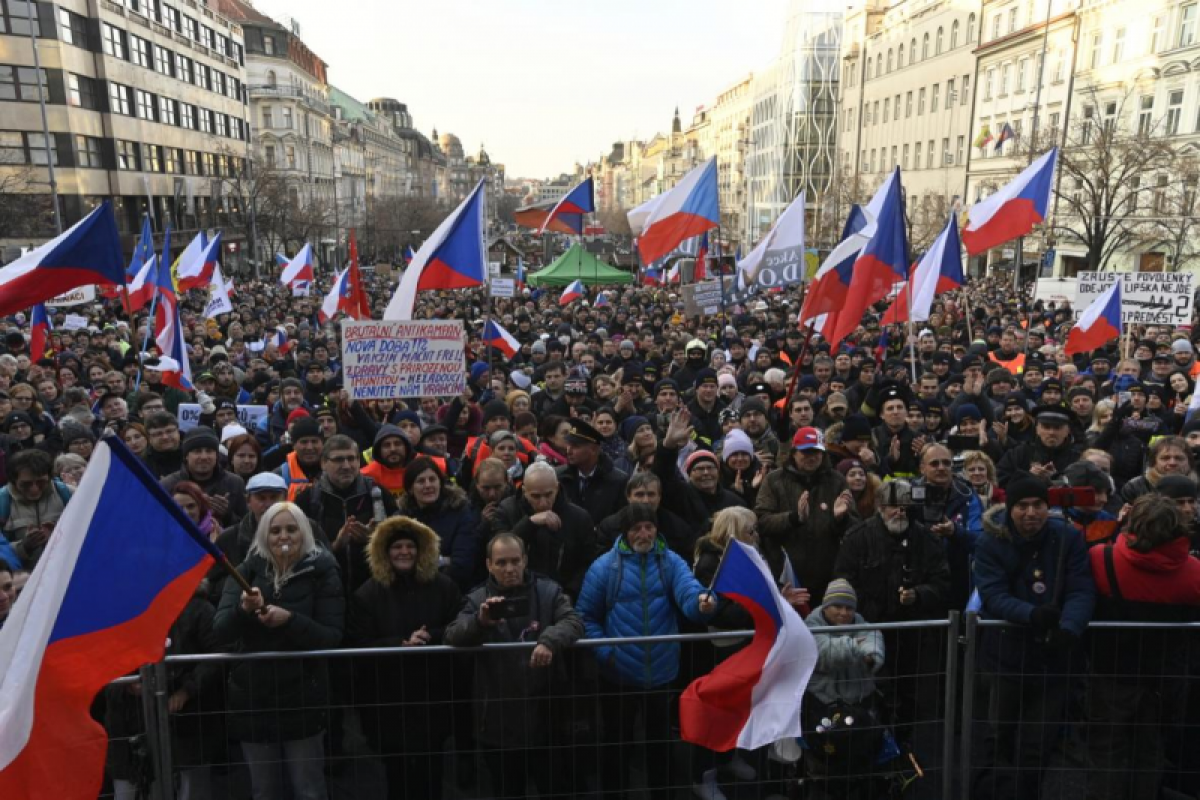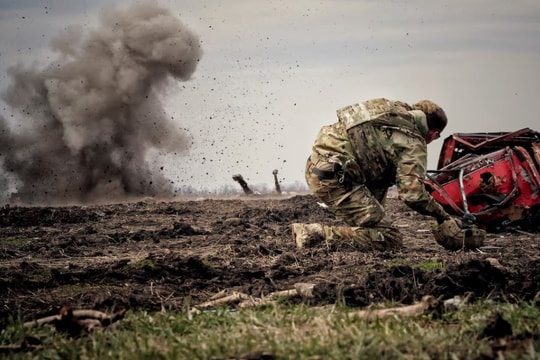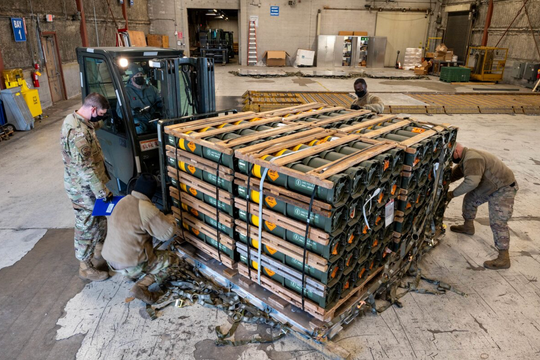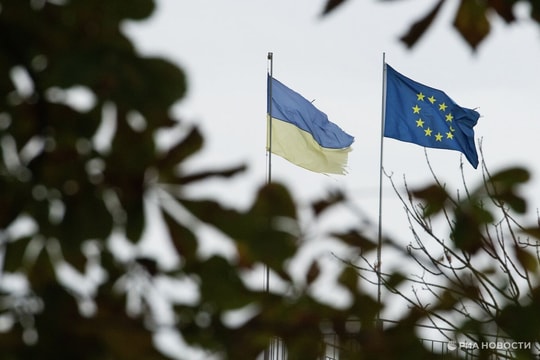Russia-Ukraine conflict: Protests spread, Europe faces crisis and social unrest
Rising energy prices and the cost of living have raised the risk of social unrest spreading across Europe ahead of the coming winter. Growing dissatisfaction with governments over inadequate policies has also prompted large-scale protests in many European cities.
Protests spread in many countries
The latest report published in early September by the UK-based global risk and strategy consultancy noted that more than 50% of nearly 200 countries surveyed had an increased social unrest index, especially from the second to third quarter of 2022.
Last weekend, about 70,000 people gathered at Wenceslas Square, the center of Prague, Czech Republic to protest against the government's measures to deal with the energy crisis and record high electricity and gas prices. This was the largest anti-government protest since the Czech Republic Government was established. Czech people believe that the government's response to the current energy crisis is ineffective and that there needs to be a change in policy towards the war between Russia and Ukraine. The protest also took place one day after the Czech Republic Government survived a vote of no confidence in the National Assembly.
 |
| About 70,000 people protested in Prague against the government. Photo: Reuters |
Earlier, waves of protests in the UK, over energy prices, also took place. An anonymous group organizing the protest campaign - Don't Pay UK - said that tens of thousands of people had registered and participated in protests in many localities and would not pay their energy bills unless the government made appropriate changes. In a similar development, people in Hungary held protests in the context of the devaluation of the Forint, tax increases and the government applying austerity measures to respond to the threat of Russia cutting off gas supplies to Europe.
For more than a week, Europe has received two bad news: Russia continues to cut gas supplies by closing the Nord Stream 1 gas pipeline to Germany without giving a time to reopen it, and inflation is at its highest level since 1997. The Nord Stream 1 pipeline is also the lifeline that brings Russian gas to Europe, contributing about 35% of Europe's total gas imports last year. This pipeline also brings gas directly to Germany - the bloc's largest economy.
The two latest moves have dealt a further blow to the European economy. Since the Ukraine crisis erupted in late February, Russian energy exports to the EU have plummeted, causing gas and electricity costs to rise. This has raised concerns about Europe facing gas shortages in the winter and rising gas prices. The move to close the Nord Stream 1 gas pipeline to Germany has also caused growing political unrest in the country. According to newly announced sources, protests in Berlin and Leipzig will take place on the afternoon of September 5 (local time), to protest against rising energy prices and demand the government to take appropriate adjustment measures.
Rising energy costs and concerns about gas shortages in the coming winter are causing political instability in many countries and posing challenges for governments on how to solve the energy crisis, as well as having appropriate economic and social security policies for each country and the EU as a whole.
Internal divisions deepen
With the recent moves by the European Union, EU countries are showing their divisions in their policies regarding Russia and Ukraine. A study by the European Council on Foreign Relations said that there are certain divisions in the approach and foreign policy of EU countries towards Russia and Ukraine. Some governments believe that there is a need to balance the pursuit of European unity behind the pressure on Moscow. Dissent within EU countries is increasing as one side pursues policies to continue supporting Ukraine, imposing harsh sanctions on Russia and the other side considers appropriate measures, seeking an early end to the war.
European disunity is expected to increase further if Ukraine and its Western allies are determined to pursue victory over Russia at all costs. Between the Eastern European countries such as Poland, Finland, the Czech Republic, the Baltic states, and Germany, France, Italy, and Hungary, which are hesitant to adopt a strong policy toward Russia and Ukraine.
According to experts, pursuing this goal will make the war longer and more fierce, with an increasing risk of escalation and serious economic and political consequences for Europe. With the European economy facing many uncertainties since the Covid-19 pandemic broke out 2 years ago, European experts are concerned that the protests that have broken out in many places are showing people's dissatisfaction with the governments of many European countries, accompanied by pressure from the energy crisis and inflation. European people are considering the EU as a big loser in the war instead of valuing unity and solidarity in sanctions against Russia.
The European Union’s commitment to cut Russian gas consumption by two-thirds this year seems unlikely, as many countries are facing severe economic crises while gas access and storage are difficult. A new economic recession in the bloc in 2023 is a real risk for Europe. In addition, many opinions say that the European Union needs to ease sanctions against Russia to reduce pressure on the region’s economy.
European and NATO officials admit that continuing to stand side by side with Ukraine in the coming time will not be easy. Given the ongoing social unrest in many European countries, analysts say that the current energy crisis is causing deep divisions within the EU as well as creating challenges for the unity in the bloc's common actions; at the same time, posing challenges for the bloc's foreign policy towards the Russia-Ukraine conflict in the coming time./.








